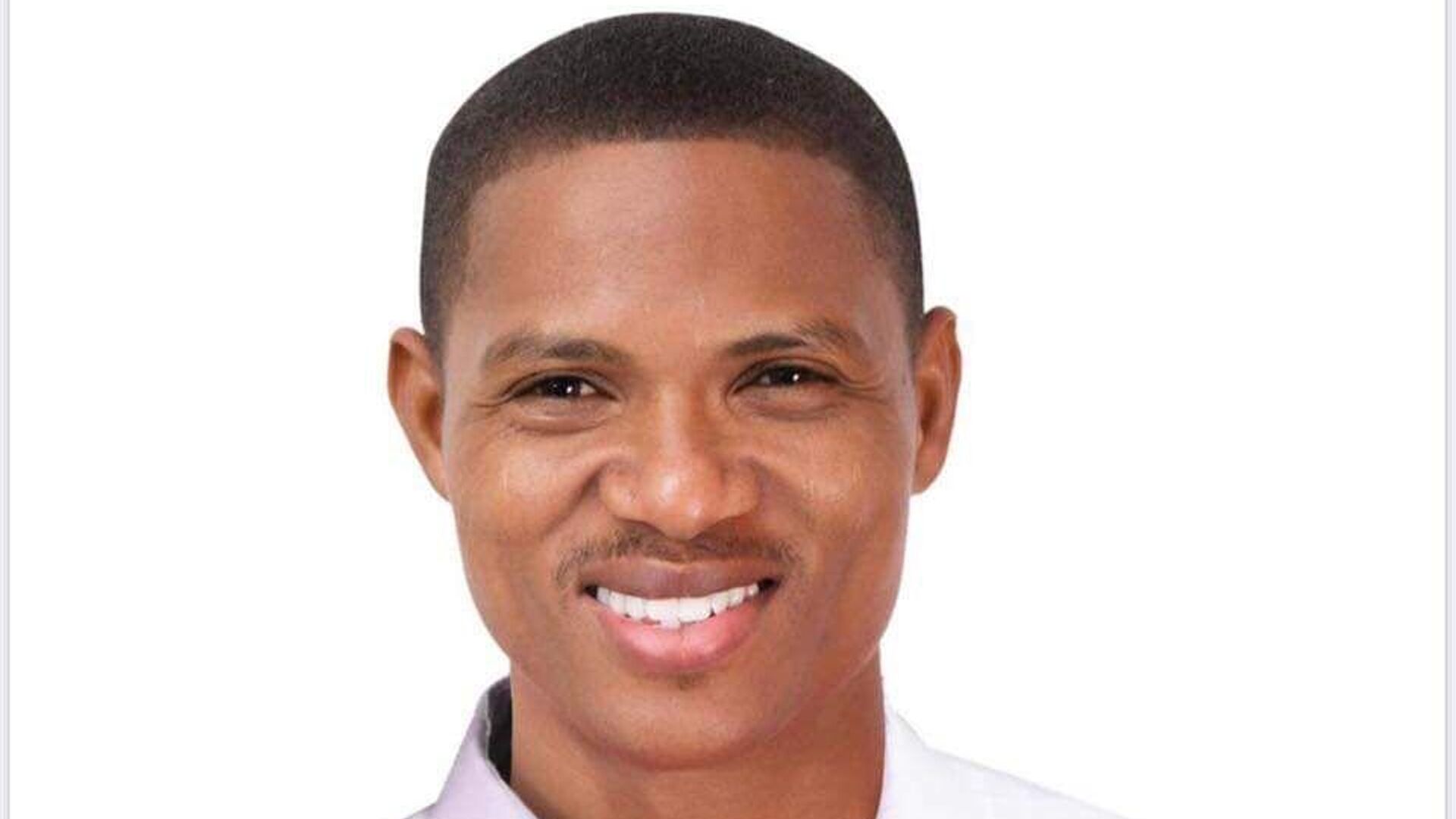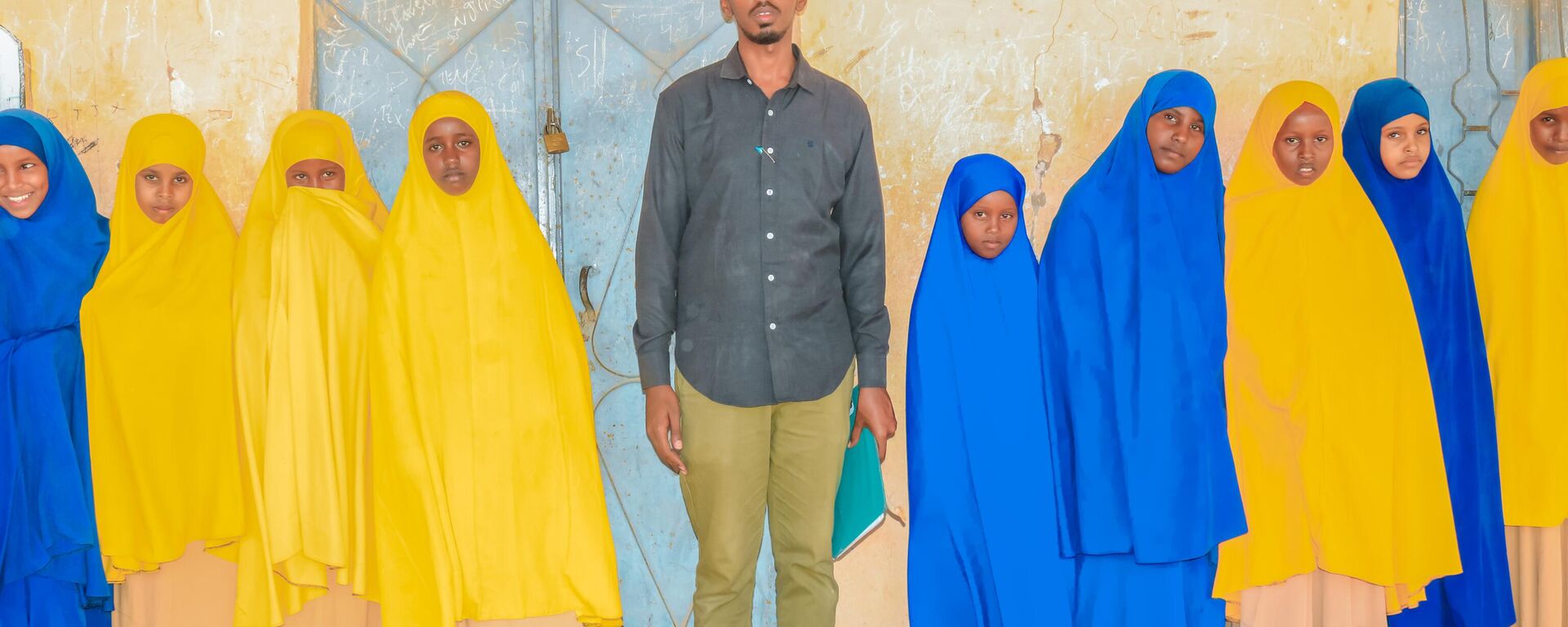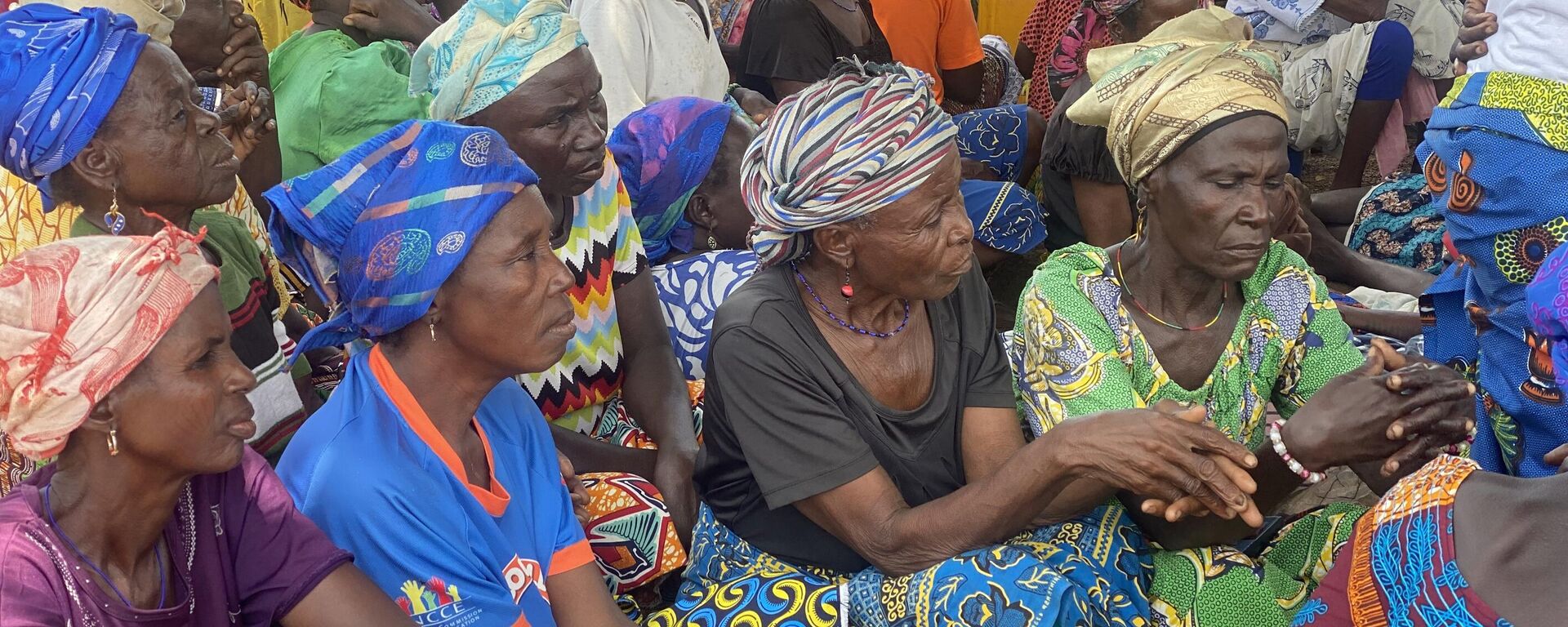https://en.sputniknews.africa/20231124/from-zero-to-hero-ghana-style-inspiring-story-of-a-homeless-boys-evolution-into-a-lawmaker-1063768251.html
'From Zero to Hero' Ghana Style: Inspiring Story of a Homeless Boy's Evolution Into a Lawmaker
'From Zero to Hero' Ghana Style: Inspiring Story of a Homeless Boy's Evolution Into a Lawmaker
Sputnik Africa
November 20 is International Children's Day, a day dedicated to protect the rights of children around the world. Child well-being is a critical issue in... 24.11.2023, Sputnik Africa
2023-11-24T17:40+0100
2023-11-24T17:40+0100
2023-11-24T18:35+0100
opinion
ghana
west africa
children
lawmakers
africa in details
holidays
lifestyle
culture
education
https://cdn1.img.sputniknews.africa/img/07e7/0b/18/1063774155_0:77:961:617_1920x0_80_0_0_980015ad86457d08d8292eb76eaa9fc3.jpg
A childhood marred by homelessness, street trading, and the daily struggle for survival in the absence of basic necessities; daily confrontations with injustice, fights, and drug dealing. One might assume that such adverse conditions would shatter a child, extinguishing any dreams of a better life, compelling them to embrace the street lifestyle. Sputnik Africa presents the inspiring story of Francis-Xavier Kojo Sosu, once homeless boy who summoned the strength to overcome all the obstacles, break free from poverty, pursue to study law, and now, hold a seat in the parliament of his native Ghana. During his early years, Kojo Sosu could not have imagined that he would one day influence the laws of his country and help the underprivileged. Born in 1979 as the third child in what he described as a marginalized family, where his father lost all his resources upon repatriation from Nigeria and his mother fell a "victim of ritual slavery," Kojo Sosu spent significant part of his childhood on the streets. Balancing school attendance with street trading and panhandling, he persevered to continue his education.The boy's only goal was survival amid the daily challenge of finding food and water. Recollections including jumping into other people's yards to gather fruit, evading dogs, and drinking water from taps belonging to others."Street life is a very rough life. It's about survival of the fittest," he added.On the streets, the boy encountered blatant injustice, witnessing "how the strong can easily violate the most vulnerable," along with prevalent drinking and drug dealing, He found himself wondering endlessly, "Why can't I have a different life?The boy's wanderings continued until he finished junior high school and entered senior high school. According to Kojo Sosu, he was on the brink of dropping out when a teacher abruptly changed the course of his life by recommending him to the Village of Hope Orphanage. Here, he not only received three full meals a day but also discovered new opportunities. In addition to nourishment, the boy gained an inspiration at the orphanage that reshaped his worldview: the belief that the act of showing love can transforms a person's life. Kojo Sosu acknowledged the pivotal role of his teachers in convincing him that everything would fall into place in his life. He expressed gratitude to Village of Hope Orphanage Director Fred Azari for shaping his thinking.A significant turn in the boy's fortune occurred when a white missionary agreed to cover his law school tuition. Kojo Sosu noted that his interest in the law was ignited by the injustices he witnessed on the streets during his childhood. Admitted to the bar in 2010, the lawyer spent ten years practicing pro bono law, helping people and advocating for the rights of women and vulnerable children. Although Kojo Sosu revealed that the General Legal Council of Ghana suspended his legal practice for three years due to his involvement in important cases "affecting powerful people," the lawyer has not ceased his fight against injustice.Lawmaker CareerKojo Sosu practiced law until 2021, the year in which he was elected to the Ghanaian Parliament.As a legislator, he sponsored a bill to outlaw accusations of witchcraft and to dismantle witch camps, a unique phenomenon in Ghana where women accused of witchcraft are held.The lawmaker said that his interest in this area was sparked by the fact that his parents' fetishist past and that through his human rights work, he witnessed vulnerability of women in such camps.Kojo Sosu also introduced a bill to ban the death penalty for all common crimes, which was passed by lawmakers in July this year. He called the abolition of the death penalty his "most important achievement".Kojo Sosu added that he had tabled a bill in parliament leading to the removal of VAT and import duties on raw materials for the production of sanitary pads in Ghana.He described his legislative approach as a legislator as focusing on small changes that, if executed effectively, could have a global impact. On a boarder scale, the lawmaker asserted that small changes in a single African country could uplift the entire continent, which he referred to as "a blessed continent that remains our hope."
https://en.sputniknews.africa/20230908/teacher-from-war-torn-somalia-shares-his-story-on-international-literacy-day-1061921871.html
https://en.sputniknews.africa/20231117/ghana-to-ban-witchcraft-accusations-what-are-witch-camps-and-how-to-reintegrate-exiled-women-1063614912.html
ghana
west africa
Sputnik Africa
feedback@sputniknews.com
+74956456601
MIA „Rossiya Segodnya“
2023
Maxim Grishenkin
https://cdn1.img.sputniknews.africa/img/07e7/0a/17/1063018107_0:0:1104:1103_100x100_80_0_0_03090c85a11f5d2e8a19cf1d989443c9.jpg
Maxim Grishenkin
https://cdn1.img.sputniknews.africa/img/07e7/0a/17/1063018107_0:0:1104:1103_100x100_80_0_0_03090c85a11f5d2e8a19cf1d989443c9.jpg
News
en_EN
Sputnik Africa
feedback@sputniknews.com
+74956456601
MIA „Rossiya Segodnya“
Sputnik Africa
feedback@sputniknews.com
+74956456601
MIA „Rossiya Segodnya“
Maxim Grishenkin
https://cdn1.img.sputniknews.africa/img/07e7/0a/17/1063018107_0:0:1104:1103_100x100_80_0_0_03090c85a11f5d2e8a19cf1d989443c9.jpg
ghana, west africa, children, lawmakers, africa in details, holidays, lifestyle, culture, education
ghana, west africa, children, lawmakers, africa in details, holidays, lifestyle, culture, education
'From Zero to Hero' Ghana Style: Inspiring Story of a Homeless Boy's Evolution Into a Lawmaker
17:40 24.11.2023 (Updated: 18:35 24.11.2023) Longread
November 20 is International Children's Day, a day dedicated to protect the rights of children around the world. Child well-being is a critical issue in today's world where, according to the World Bank, approximately 333 million children worldwide live on less than $2.15 a day and 829 million children live below the $3.65 poverty line.
A childhood marred by homelessness, street trading, and the daily struggle for survival in the absence of basic necessities; daily confrontations with injustice, fights, and drug dealing. One might assume that such adverse conditions would shatter a child, extinguishing any dreams of a better life, compelling them to embrace the street lifestyle.
Sputnik Africa presents the inspiring story of
Francis-Xavier Kojo Sosu, once homeless boy who summoned the strength to overcome
all the obstacles, break free from poverty, pursue to study law, and now, hold a seat in the parliament of his native Ghana.
During his early years, Kojo Sosu could not have imagined that he would one day influence the laws of his country and help the underprivileged. Born in 1979 as the third child in what he described as a marginalized family, where his father lost all his resources upon repatriation from Nigeria and his mother fell a "victim of ritual slavery," Kojo Sosu spent significant part of his childhood on the streets. Balancing school attendance with street trading and panhandling, he persevered to continue his education.
"The first time I had a chance to be in the classroom was when I was eight years old because I spent most of my early childhood days selling on the streets. And so when I began school at eight years, I had to combine going to school with selling on the streets so I could find money to be able to go to school until I went to the junior high school. So I became a complete street-child sleeping in the marketplace," Kojo Sosu told Sputnik Africa.
The boy's only goal was survival amid the daily challenge of finding food and water. Recollections including jumping into other people's yards to gather fruit, evading dogs, and drinking water from taps belonging to others.
"I recall that I was fighting for survival on a daily basis, one of the principles I had was that the first rule of survival is self-preservation. Water was a luxury. I recall how I went looking for water. I was drinking water from somebody's tap and he [the owner] used a hammer, a wooden mallet to hit my head because he didn't understand why I was coming to drink from their tap," Kojo Sosu remarked.
"Street life is a very rough life. It's about survival of the fittest," he added.
On the streets, the boy encountered blatant injustice, witnessing "how the strong can easily violate the most vulnerable," along with prevalent drinking and drug dealing, He found himself wondering endlessly, "Why can't I have a different life?
"I believe that my experiences as a child have sharpened my sense of fairness, my sense of fellow feeling, my sense of justice. What I saw growing up makes me abhor injustice in any form and in any sense," Kojo Sosu noted.
The boy's wanderings continued until he finished junior
high school and entered senior high school. According to Kojo Sosu, he was on the brink of dropping out when a teacher abruptly changed the course of his life by recommending him to the Village of Hope Orphanage. Here, he not only received three full meals a day but also discovered new opportunities.
In addition to nourishment, the boy gained an inspiration at the orphanage that reshaped his worldview: the belief that the act of showing love can transforms a person's life. Kojo Sosu acknowledged the pivotal role of his teachers in convincing him that everything would fall into place in his life. He expressed gratitude to Village of Hope Orphanage Director Fred Azari for shaping his thinking.
A significant turn in the boy's fortune occurred when a white missionary agreed to cover his law school tuition. Kojo Sosu noted that his interest in the law was ignited by the injustices he witnessed on the streets during his childhood.
"When I thought of becoming a lawyer, one of the biggest goals is to ensure justice for all and injustice to none. Because I believe that was the only way we could build a better society and a more equitable society. If we were to leave society in the hands of people who are strong and who are more resourceful, they will always dictate the pace and to the detriment of the most vulnerable," he pointed out.
Admitted to the bar in 2010, the lawyer spent ten years practicing pro bono law,
helping people and advocating for the rights of women and vulnerable children. Although Kojo Sosu revealed that the General Legal Council of Ghana suspended his legal practice for three years due to his involvement in important cases "affecting powerful people," the lawyer has not ceased his fight against injustice.
"Sometimes I feel overwhelmed. But the only reason why I keep going is because I say that there is still someone out there, there's a potential Francis-Xavier out there. There's a potential child there who is still being violated. There's a potential person there who can be rescued. And I always believe that you cannot change the world at a go but you can change one person at a time," he stressed.
Kojo Sosu practiced law until 2021, the year in which he was elected to the Ghanaian Parliament.
As a legislator, he sponsored a bill to outlaw accusations of witchcraft and to dismantle witch camps, a unique phenomenon in Ghana where women accused of witchcraft are held.
The lawmaker said that his interest in this area was sparked by the fact that his parents' fetishist past and that through his human rights work, he witnessed vulnerability of women in such camps.
"So once I've seen all this before and I now have the opportunity to be at the table of policy, I have to now translate all the things that I have seen and I was fighting for using law as a tool, by using the courtrooms and using the media as advocacy tool to now push legislative interventions that can bring about the change," Kojo Sosu noted.
Kojo Sosu also introduced a bill to ban the
death penalty for all common crimes, which was passed by lawmakers in July this year. He called the abolition of the death penalty his "most important achievement".
"I think that human life is so valuable and the value of the human life is such that under no circumstance must life be taken. Under no circumstance must there be a state-sponsored life taking," the MP explained.
Kojo Sosu added that he had tabled a bill in parliament leading to the removal of VAT and import duties on raw materials for the production of sanitary pads in Ghana.
He described his legislative approach as a legislator as focusing on small changes that, if executed effectively, could have a global impact. On a boarder scale, the lawmaker asserted that small changes in a single
African country could uplift the entire continent, which he referred to as "a blessed continent that remains our hope."
"Africa remains our home and Africa remains our hope. And no one will turn around the story of Africa. We must turn around our stories. We can change our story. We can change the narrative. So let's continue to believe in Africa," Kojo Sosu concluded.




